The 1 common kitchen essential experts warn you must replace every single year – the health risks can be catastrophic if you don't
Most people fail to change it often enough

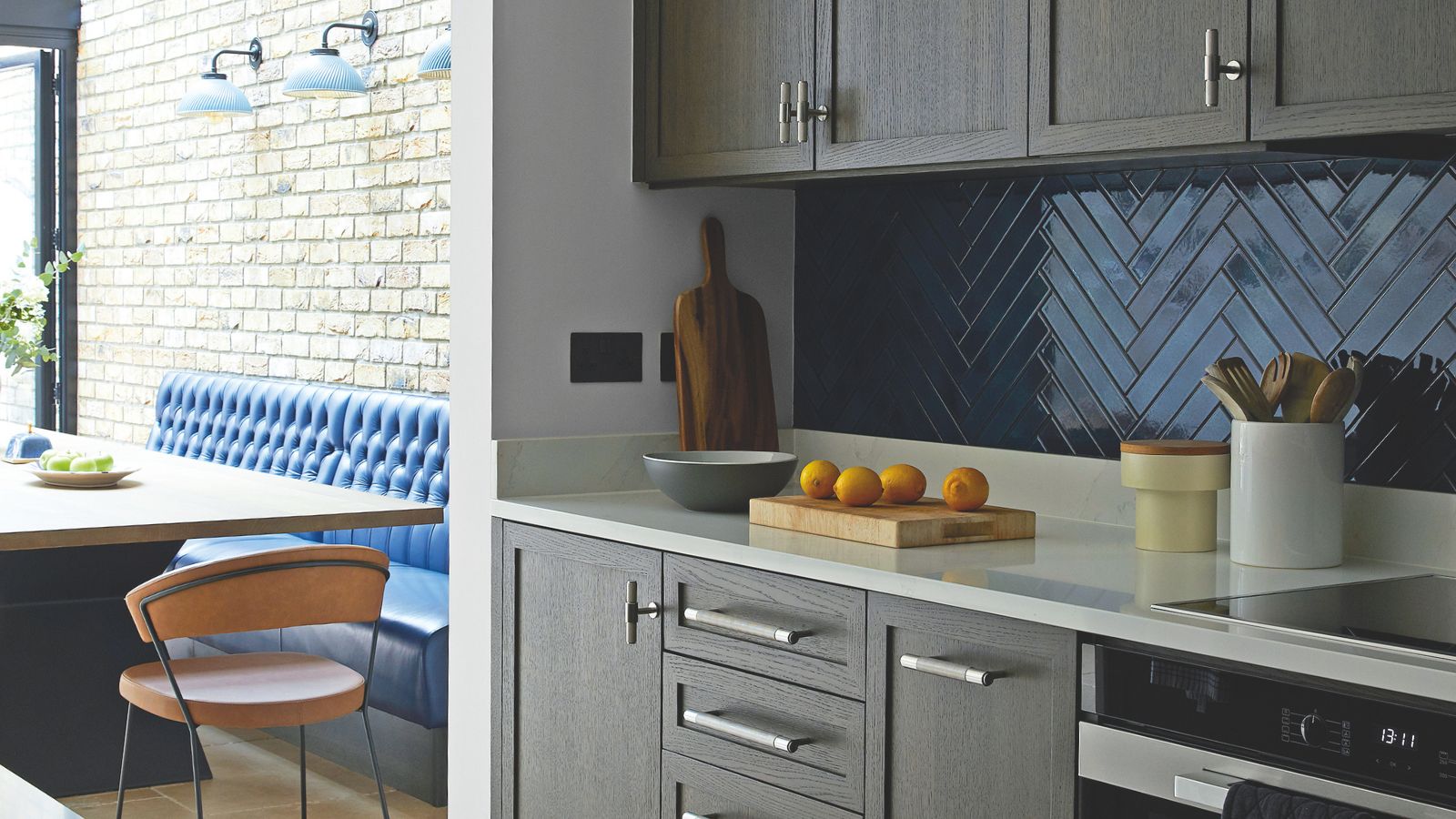
Design expertise in your inbox – from inspiring decorating ideas and beautiful celebrity homes to practical gardening advice and shopping round-ups.
You are now subscribed
Your newsletter sign-up was successful
Want to add more newsletters?

Twice a week
Homes&Gardens
The ultimate interior design resource from the world's leading experts - discover inspiring decorating ideas, color scheming know-how, garden inspiration and shopping expertise.

Once a week
In The Loop from Next In Design
Members of the Next in Design Circle will receive In the Loop, our weekly email filled with trade news, names to know and spotlight moments. Together we’re building a brighter design future.

Twice a week
Cucina
Whether you’re passionate about hosting exquisite dinners, experimenting with culinary trends, or perfecting your kitchen's design with timeless elegance and innovative functionality, this newsletter is here to inspire
Most people don't give it a second thought, but when it comes to food safety, there’s one kitchen staple that experts agree you should replace every single year: your cutting board.
While it may look fine and seem as sturdy as ever, over time your cutting board can quietly become one of the germiest items in your home.
Cleaning a kitchen well means knowing when to replace items that risk becoming a health hazard.
Why you should replace your chopping board annualy
1. The problem with cutting boards
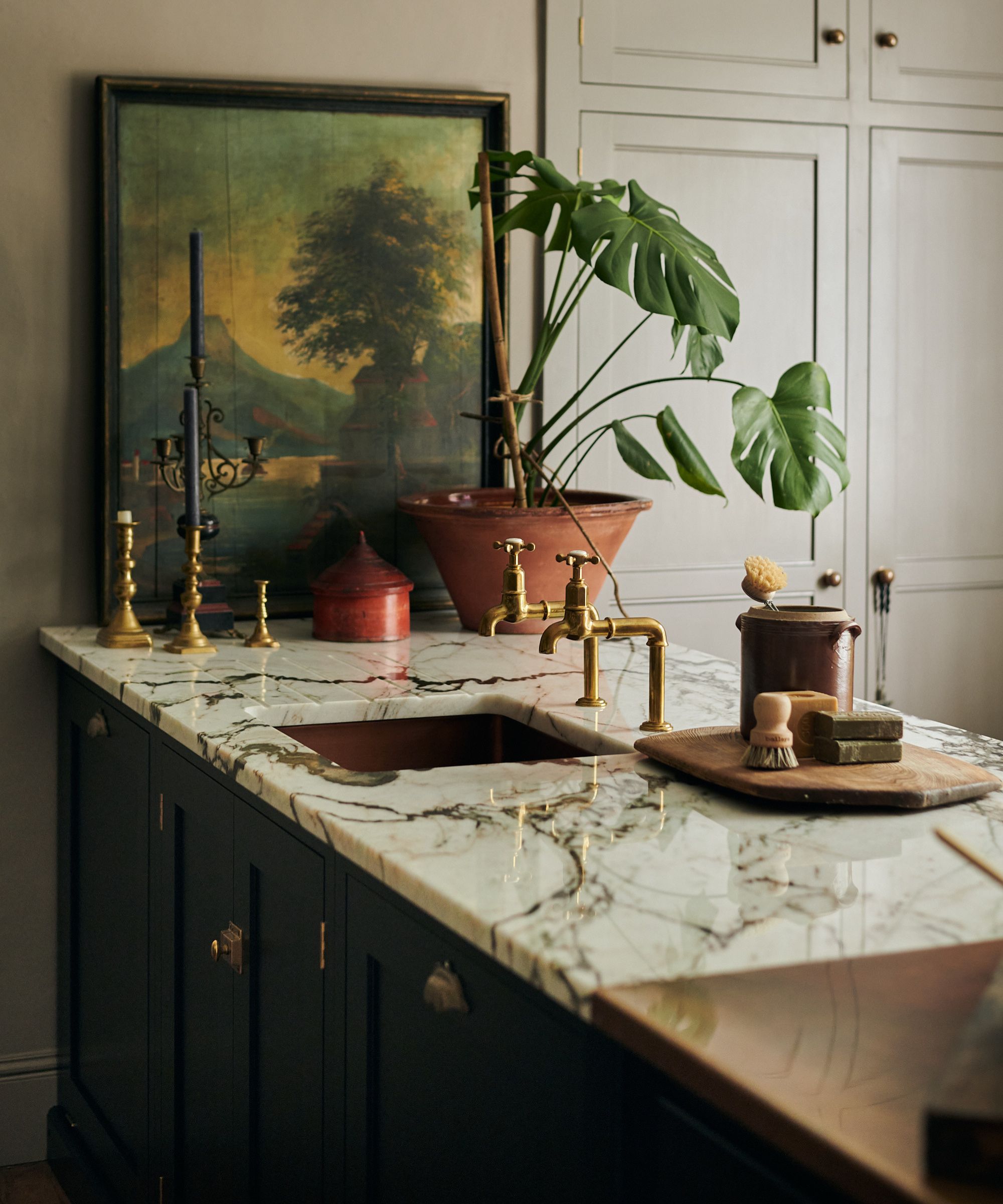
Your kitchen cutting board is the thing you should replace every year, according to experts.
The regular chopping on your cutting board leaves barely visible grooves that can allow harmful bacteria to hide in plain sight. These crevices are the perfect home for food particles, bacteria, and moisture, even after a good wash.
Karina Toner, operations manager at Spekless Cleaning, explains, 'Most people don't ever think about it, but with every slice, chop, and dice on your cutting board, your knife creates micro-grooves on the surface. Over time, those grooves get deeper and start to add up.
'They trap tiny food particles, juices (especially from raw meats), and bacteria – and no matter how hard you scrub, you're not getting into all those crevices.'
While plastic boards are the worst culprits as they are more malleable, wooden boards are just as prone to harbouring bacteria once worn down. The problem only grows over time, especially with daily use, and this soon becomes one of the dirty spots professional cleaners always notice in homes – even if you don't.
Design expertise in your inbox – from inspiring decorating ideas and beautiful celebrity homes to practical gardening advice and shopping round-ups.
Toner says there are three main reasons why most people don't replace their cutting board nearly often enough.
'Firstly,' she explains, 'they look fine. Since they don't splinter like wood, plastic boards in particular can sometimes seem okay even when they're teeming with bacteria.
'The second reason is that it feels wasteful. Tossing a plastic board every year can feel excessive, especially for people trying to reduce waste. The third main reason people don't replace their board is that it's simply not on their radar. It doesn’t usually make the annual spring cleaning checklist.'
2. The dangers of cutting boards
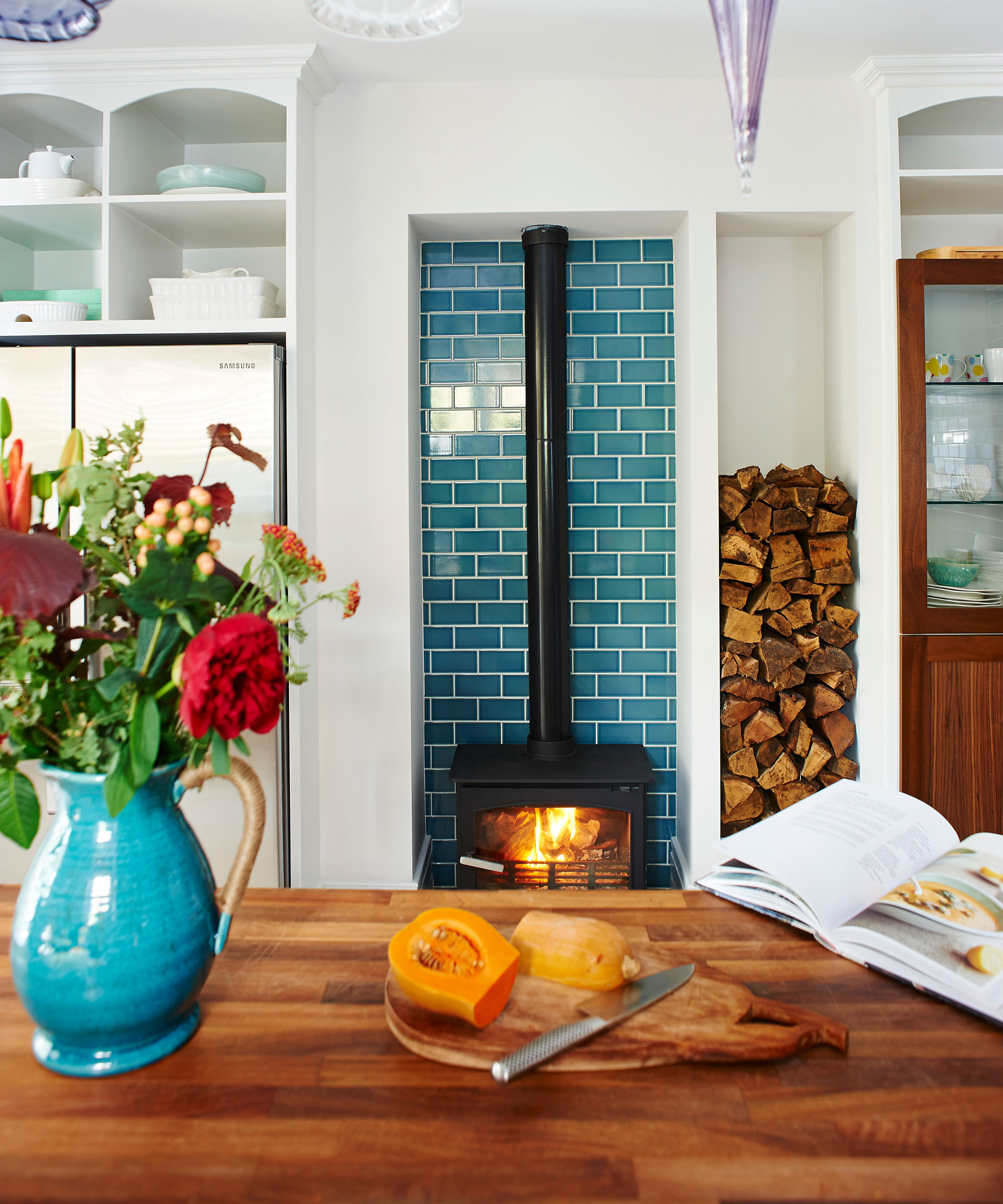
Your kitchen cutting board could be harboring harmful bacteria, warn experts.
Experts warn that worn-out cutting boards pose a significant health risk.
Professional organizer Amélie Saint-Jacques says, 'The dangers of things that get worn down, like cutting boards are twofold. First, and less importantly, the item can lose its effectiveness. Second, bacteria can multiply and make you seriously sick. That's why it's so important to declutter regularly and replace items as needed.'
Bacteria like Salmonella, E. coli, and Listeria can cling to the grooves and multiply, especially if the board is left damp or isn’t cleaned properly between uses. This can become particularly catastrophic when boards are used for raw meat, poultry, or fish.
'But even if you’re diligent about washing your counters, including cutting boards, the structural damage in older boards can make it nearly impossible to fully sanitize them, increasing the risk of cross-contamination in your kitchen.
How to clean a kitchen like a pro starts with keeping on top of your counters and cutting boards. White vinegar, available in large containers at Walmart, and Arm & Hammer Pure Baking Soda, also from Walmart, are ideal to have to hand if you're serious about keeping a clean kitchen, and often clean with baking soda.
Toner adds, 'Studies have shown that bacteria can actually thrive in these grooves, multiplying and then transferring right back onto your food during prep. That’s a recipe for serious foodborne illness, especially for kids, the elderly, or anyone with a weakened immune system.'
3. The solution to cutting boards
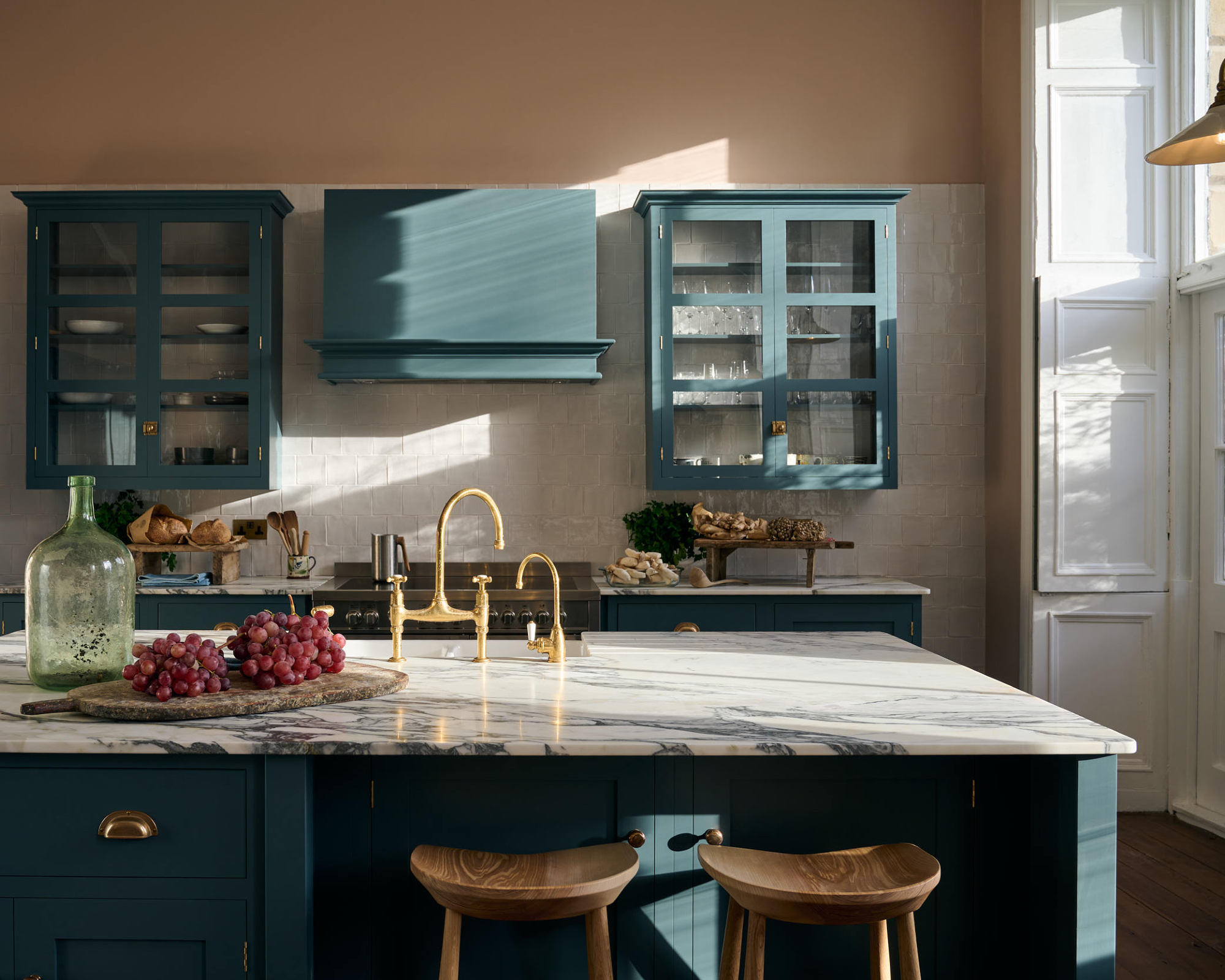
Replacing your cutting boards regularly is key to avoiding bacteria buildup and cross-contamination, say experts.
So what is there to do about the potential dangers that come with some cutting boards? Cleaning and caring for your cutting boards is key, but replacing them regularly is important too.
Toner says, 'Firstly, get into the habit of visually inspecting your board every 2-3 months under bright light. Deep grooves, warping, or cloudy discoloration may mean it’s time to replace. Secondly, always keep track of the date you start using a cutting board. Set a 'must change cutting board' phone calendar reminder for one year later.'
As you'd expect, regular cleaning of cutting boards is key. Mrs. Meyer's All-Purpose Cleaning Spray, available at Walmart, is effective on multiple surfaces, including most kitchen countertops and cutting boards. Attitude's Citrus All-Purpose Spray, also from Walmart is another versatile but reliable option.
Toner continues, 'As well as cleaning after each use, rotate your boards. Keep a few in rotation, especially color-coded ones for meat, produce, and bread. This not only prevents cross-contamination but also extends the life of each board. Finally, consider a non-plastic upgrade. Some people switch to wood or bamboo (less prone to deep cuts), but even these should be replaced eventually.'
Knowing how to select an easy-to-clean cutting board is a great place to start. OXO Good Grips Cutting Board, available from Walmart, is a reliable, non-slip option that features a non-porous polypropylene construction that locks out odors and is easy on your knives.
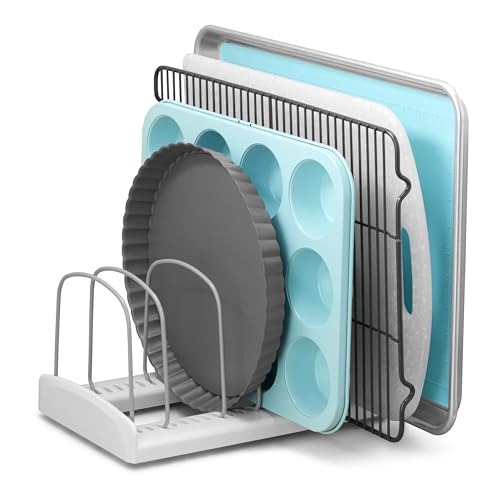
Cleaning pro Karina Toner recommends this flexible storage rack you can set up in minutes. She says, 'Keeping boards dry is just as important as cleaning. This rack stores cutting boards upright for faster drying, preventing moisture buildup that breeds bacteria.'
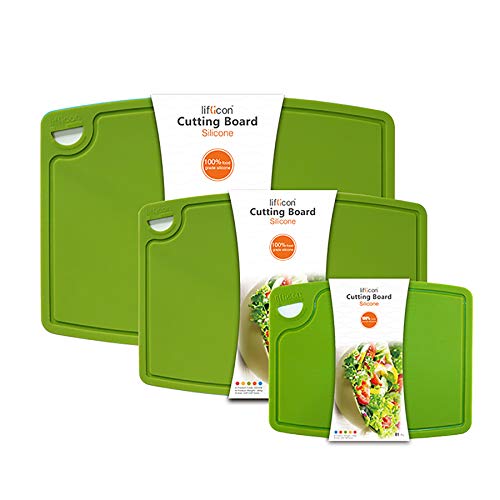
Silicone is a great choice for your next chopping board as it's durable, BPA-free, and safe for food prep. It's stain resistant and can be cleaned in the dishwasher.
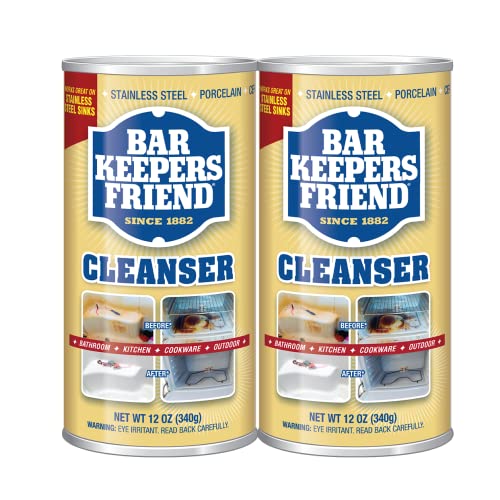
With a fresh lemon and lavender scent, this bleach-free powder cleans and polishes multiple surface types. Toner says, 'This is my go-to for removing stains, odors, and buildup, even on plastic surfaces. It's especially good for light-colored cutting boards that stain easily.'
Meet the experts

With extensive contributions in Homes & Gardens, Real Homes, The Spruce, and many more home and lifestyle magazines, industry expert Karina has extensive knowledge of both commercial and residential cleaning, and champions non-toxic and eco-friendly cleaning methods.

Amélie is a professional organizer who works one-on-one with clients to help them regain control of their home. She declutters and organizes, helping put systems in place to manage day-to-day living going forward. Her goal is to help clients create an organized space for a more peaceful life.
So there you have it – the one thing experts say you must replace every year, but most people don't.
It’s tempting to hang onto your trusty cutting board for years – but when it comes to your health, it’s not worth the risk. Regular replacement, smart material choices, and keeping separate boards for different foods can all help prevent foodborne illness.
See what happened when our section editor replaced her toxic plastic chopping board – with excellent results.

With more than a decade of experience writing news, lifestyle, consumer, and human interest articles for a wide range of national and international publications, Andy is a highly-qualified journalist writing features for the national press. From front porch to backyard, attic to basement, Andy has written about every area of the home. He specialises in bringing together the best industry expertise to answer all of your most pressing home and garden questions about seasonal and everyday cleaning, decluttering, organizing and DIY.